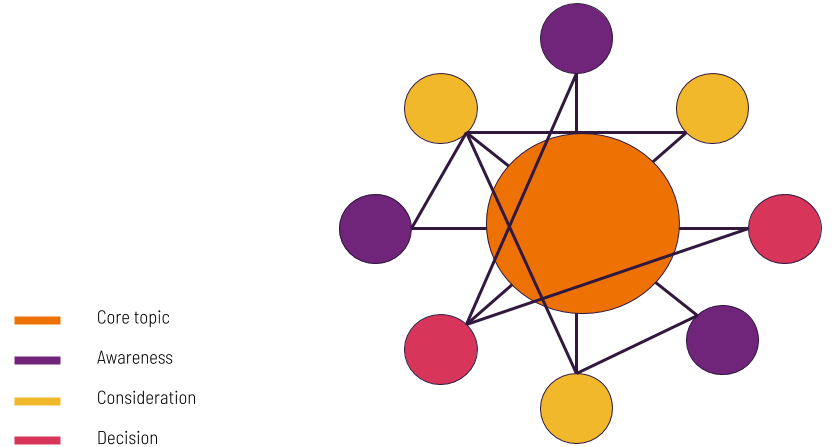Tracking URLs – which are often referred to as shortened URLs – are designed to determine the effectiveness of our marketing campaigns. They will give you more insights into your content by tracking the conversion rate of your content. This is done by converting your URLs into tracking links that can be traced as they redirect the user to the final website URL. Systems such as Metigy and bit.ly, for example, are good ways to do this tracking and they both give you access to statistics that are hard to get reliably in other ways. You can see this in action if you are using our new Content Creator. When you type a link into the content area, we detect that link. Then, you can use the URL Manager to choose if you would like that URL tracked or not.
How does link tracking work and what are the benefits?

When should I use Tracking URLs

Are there any downsides?

What are the other benefits of tracking links?
Each platform does slightly different things. But, as part of the Metigy Tracking URLs, we do some extra things to improve your content’s performance:- The Metigy API primes your content in the social platform system where possible. This means that it is there, cached, and ready for all users as soon as we post
- Our APIs will validate the end URL and let you know if there are any issues such as incorrect, missing, or duplicate Open Graph tags. This can save you headaches later if it doesn’t publish as you expected
 Do Something Great today with Metigy AI-Driven Marketing Tools for SMB
Do Something Great today with Metigy AI-Driven Marketing Tools for SMB









